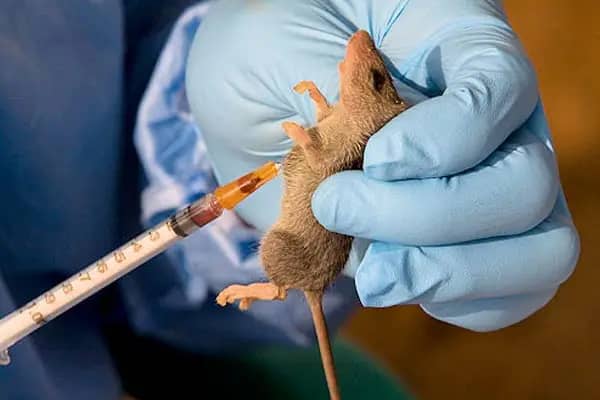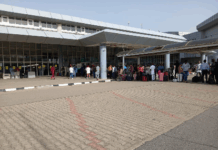Lassa Fever Outbreak: 152 dead, 105 LGAs affected in Nigeria, Ondo, Bauchi, Edo worst hit
As of epidemiological week 28 in 2025, the Nigeria Centre for Disease Control and Prevention (NCDC) reports 152 deaths from Lassa fever, with the disease spreading across multiple states and local government areas.
According to the NCDC’s latest situation report sighted by News Point Nigeria, new cases remained steady compared to the previous week, with Ondo, Edo, and Benue States accounting for the most recent infections.
The death toll represents a case fatality rate (CFR) of 18.7%, higher than the 17.3% CFR recorded during the same period in 2024, highlighting the ongoing threat posed by the disease despite a decline in the number of overall cases.
So far this year, 21 states have recorded at least one confirmed case, with infections reported across 105 local government areas, indicating the wide geographic spread of the virus.
READ ALSO: Nationwide healthcare crisis looms as nurses begin 7-day strike Wednesday
The bulk of confirmed cases remain concentrated in five states, with:
Ondo State accounting for 32% of all confirmed cases,
Bauchi at 23%,
Edo with 17%,
Taraba at 14%, and
Ebonyi contributing 3%.
These five states alone account for a combined 89% of all confirmed Lassa fever cases in 2025, while the remaining 11% of cases are scattered across 16 other states.
The most affected age group is between 21 and 30 years, with a median age of 30, reflecting a continued vulnerability among young adults. The male-to-female ratio among confirmed cases stands at 1:0.8, indicating slightly higher infection rates among males.
Despite the persistent death toll, the NCDC noted a decline in the overall number of suspected and confirmed cases compared to the same period in 2024.
Additionally, no new infections were reported among health workers during the most recent week under review.
The NCDC continues to monitor the situation closely, urging residents in affected areas to adopt preventive measures and seek early medical attention when symptoms appear.
The Centre also reaffirmed its commitment to working with state governments to strengthen surveillance, response, and public awareness efforts.
Lassa fever, a viral hemorrhagic illness transmitted primarily through contact with food or household items contaminated by rodent urine or feces, remains endemic in parts of Nigeria, particularly during the dry season.
Follow the Neptune Prime channel on WhatsApp:
Do you have breaking news, interview request, opinion, suggestion, or want your event covered? Email us at neptuneprime2233@gmail.com





